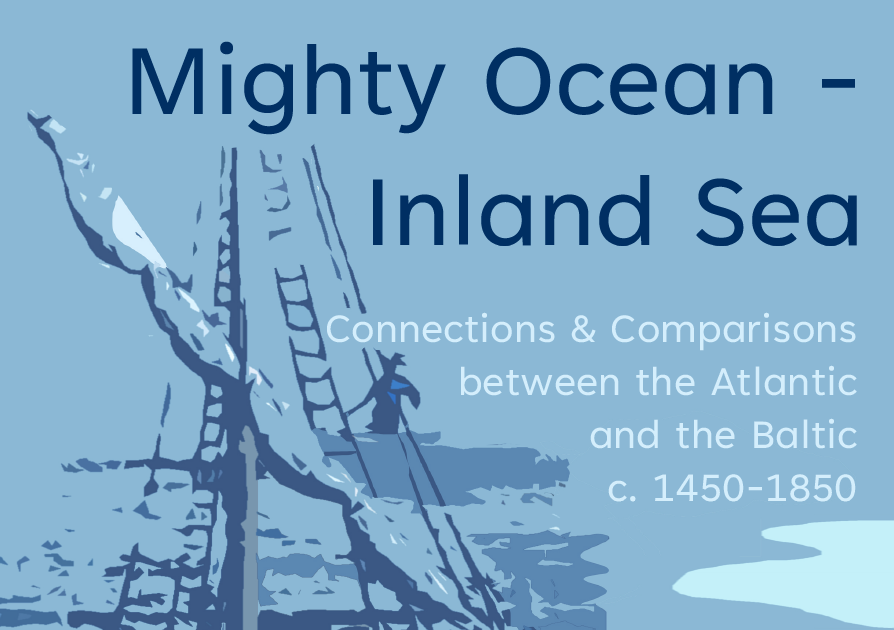Over the decades, interest in maritime spaces has produced diverse and vibrant studies of the human experience of the sea and its surroundings. While individual geographical seas and oceans have often produced their own research traditions, the global turn has increasingly led to a recognition of their interconnectedness.
Despite its narrow geographical opening, the Baltic Sea is connected to the Atlantic Ocean via the North Sea. This connection integrates the Baltic and Atlantic regions into a global maritime space that encompasses both large and small bodies of water.
Since the Early Modern Period, global connections have intensified, with shipping acting as a particular catalyst. Recent research has revealed that the Baltic Sea region was integral to these changes, rather than being peripheral. In some cases, pre-existing structures in the Baltic Sea facilitated oceanic interactions. Consequently, smaller, enclosed maritime spaces such as the Baltic Sea can be viewed as facilitating, supporting and contributing to global maritime connectivity.
This workshop will explore the comparisons and the connections that can be made between these two maritime spaces, one a vast ocean and the other a relatively enclosed sea during the long early modern period. The aim is to identify themes, problems and concepts that can be used for future discussion and research in order to bring together the historiographical fields of the Baltic and the Atlantic and to open up possible new perspectives for maritime history.
Poster (PDF)
Flyer with Programme (PDF)
Contact
Historisches Institut
Domstraße 9A, 17489 Greifswald
Telefon +49 3834 420 3308
suenne.juterczenkauni-greifswaldde

